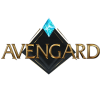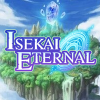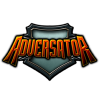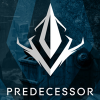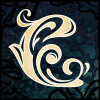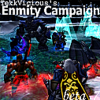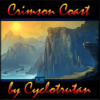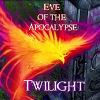Players design their own character as a persistent avatar which they may bring into battle. It can have a custom size, shape, clothing, and facial features to suit the player's preferences.
The avatar's choice of weapons and armour will affect its base stats, and which abilities it may access from the large pool available. The mastery of the game is intended to be in its "RPG-style" character creation. During a match, players can level up the skills they chose as a form of temporary progression.
There are expected to be three lanes and two jungles, with a neutral area near the center of each lane which may be captured.
